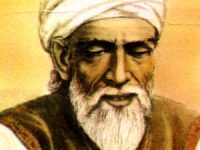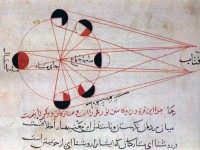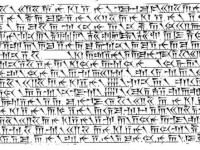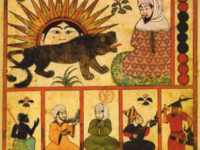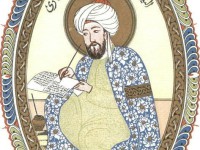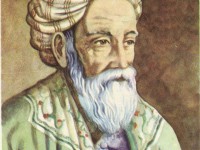Abu al-Wafa Buzjani – Negative Numbers and Trigonometry
On June 10, 940, Persian mathematician and astronomer Abū al-Wafāʾ, Muḥammad ibn Muḥammad ibn Yaḥyā ibn Ismāʿīl ibn al-ʿAbbās al-Būzjānī was born. Abu l-Wafa wrote several books on applied mathematics, made several important trigonometric discoveries, and wrote now-lost commentaries on the works of Euclid, Diophantus of Alexandria, and al-Chwarizmi. His work on arithmetics for businessmen contains the first instance of using negative numbers in a medieval Islamic text. Abu al-Wafa – Biographical Background…
Read more

